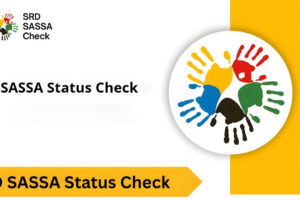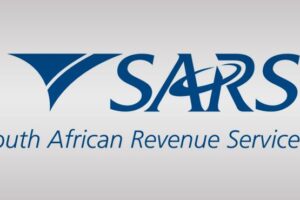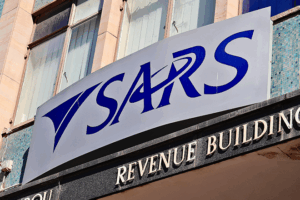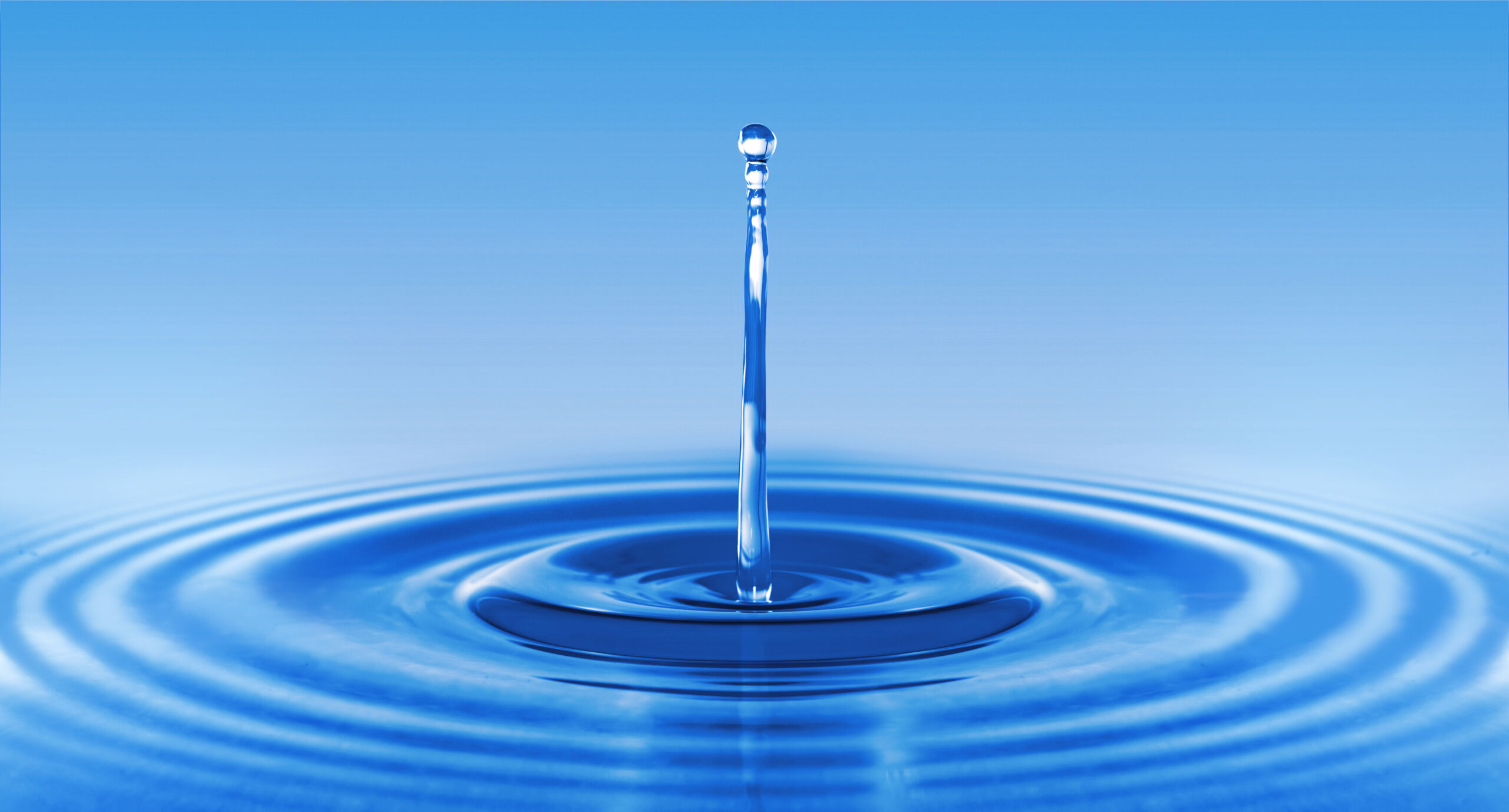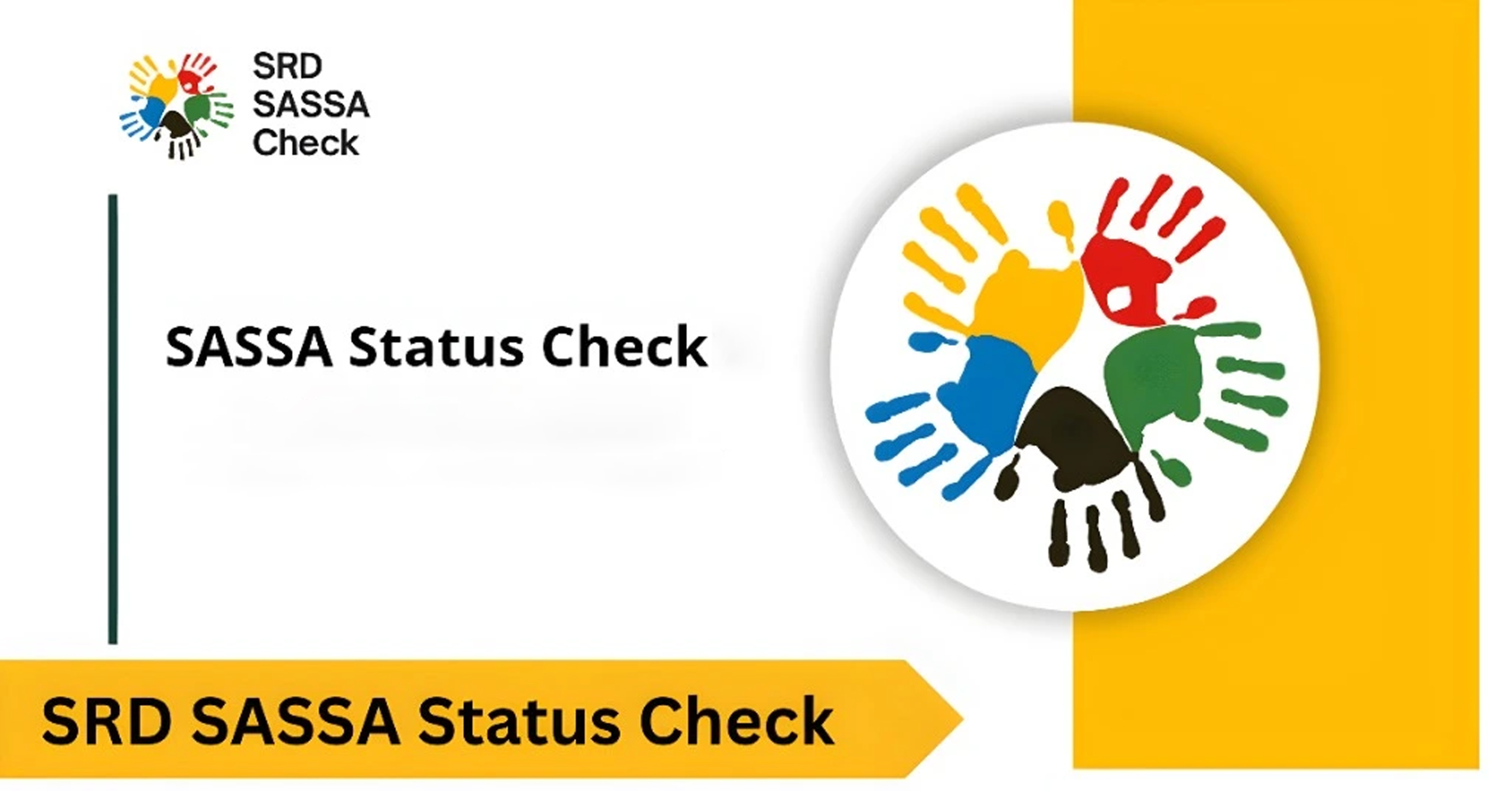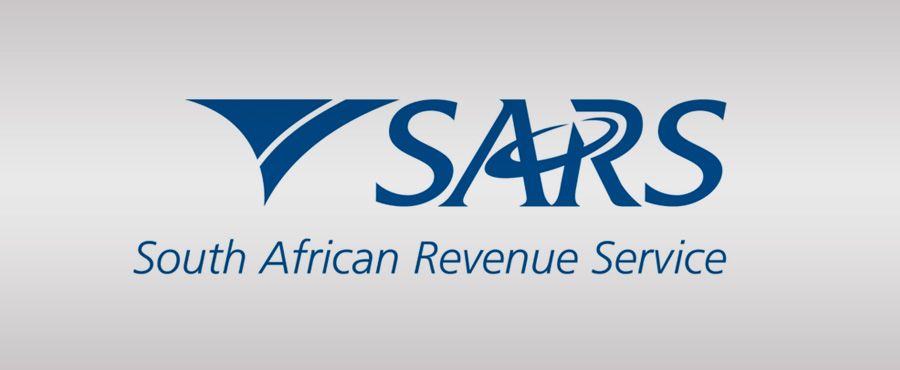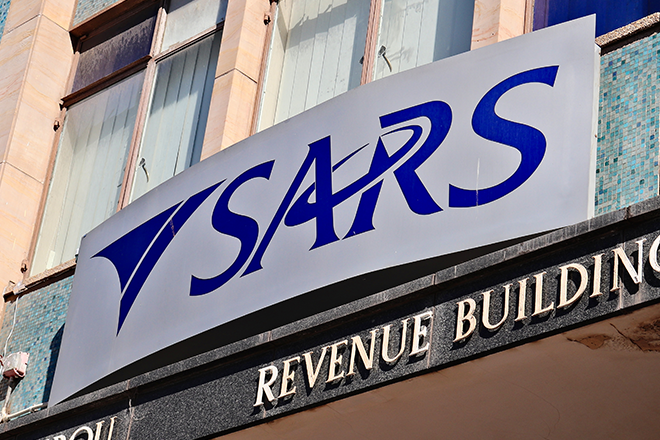In a great step toward improving access to reliable and safe water and sanitation services, the Department of Water and Sanitation (DWS) has announced a nationwide rollout of workshops to educate and engage stakeholders on the Revised Compulsory National Water and Sanitation Services Norms and Standards.
The revised framework, which was gazetted on 6 June 2025, introduces mandatory national benchmarks for service delivery by Water Services Authorities (WSAs) across the country. The standards are designed to enforce the constitutional right to water and sanitation, while aligning with public health needs and environmental sustainability.
Minimum Requirements for Basic Water Supply
Under the new norms, all households must receive a minimum of 6 kilolitres of safe drinking water per month, with supply availability maintained for at least 358 days annually and a flow rate of at least 10 litres per minute.
Special consideration has also been given to vulnerable communities. WSAs are now legally obliged to provide interim services to informal settlements within 90 days of identification. These services must include communal standpipes located within 200 meters of households, delivering water that meets the same flow rate and quality standards applicable in formal settlements.
“Water quality must comply with SANS 241 to ensure public health protection,” said Wisane Mavasa, DWS spokesperson.
Support for Indigent Households
To address socio-economic disparities, indigent households will receive the 6 kilolitre water allocation free of charge, with tariffs applied only to usage beyond this threshold.
Additionally, WSAs are now accountable for infrastructure maintenance up to the household connection point, while property owners remain responsible for internal systems. WSAs must also ensure that meters are maintained, repaired, and replaced promptly, as part of broader efforts to enhance service reliability.
The updated regulations place increased emphasis on service monitoring, infrastructure planning, and community education. WSAs are required to:
- Submit formal service upgrade plans within two years.
- Promote awareness of water conservation, hygiene, and groundwater use.
- Implement comprehensive monitoring systems and data reporting tools, including use of the Integrated Regulatory Information Management System (IRIS).
National and Provincial Consultations
The DWS will begin public and stakeholder engagement through a virtual national consultation on 5 August 2025, followed by provincial workshops from 12 August to 10 September.
“These workshops are critical for ensuring that the new Norms and Standards are well understood, widely accepted, and effectively implemented,” Mavasa explained. She added that where immediate compliance is not possible, WSAs must develop and submit progressive implementation plans outlining realistic timelines for full compliance.
The consultation process includes a wide array of stakeholders, such as Chapter 9 institutions, water boards, Catchment Management Agencies, professional bodies, and multiple government departments. These collaborative efforts aim to foster accountability, transparency, and resilience in South Africa’s water sector.
The revision builds on previous iterations of the regulation, originally introduced in 2001 under the Water Services Act (Act 108 of 1997), and later reviewed in 2017. The updated norms reflect integration with the National Water Act (1998) and Sanitation Policy (2016).
As South Africa continues to face water security challenges, the revised Norms and Standards represent a strategic and legally binding mechanism for ensuring equitable access to quality water and sanitation, a fundamental human right and development necessity.
For more information or to access the Norms and Standards, visit: www.dws.gov.za
Contact your provincial DWS office or the IRIS platform for workshop schedules and support.

